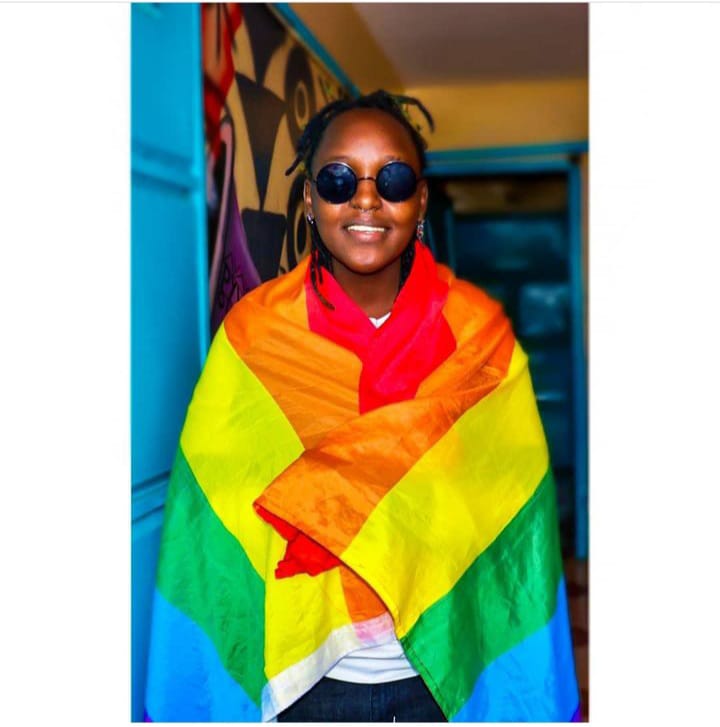




Picture this, a masculine presenting woman walking into a health facility to access safe abortion services. She is or they are dressed in baggy pants, an oversized t-shirt, a pair of boots. Oh! Her difference is too obvious. The look of the health care provider is one of confusion and yet the questions are written so clearly. Is she a she or a he? I bet they are not aware that gender is beyond binary. Are you? Maybe they are a they. The only way to know is not to assume.
Now, how did she get pregnant? Think of all the right and the wrong answers. Was corrective rape one of those things you thought of? She could be a sex worker. Yes, the reproductive health conversation is about them too. In my country Kenya, sexual and gender-based violence is a silent crisis where gender diverse groups face heightened risks with minimal responses to violence directed at them. Discrimination in health care settings endangers LGBTIQ+ lives through delays, infringement of their privacy and in some instances, denial of the services as some avoid seeking the services altogether, anticipating harmful comments, unwanted comments and discrimination on the basis of religious and culture beliefs.
I often think to myself how states claim to be promoting human rights while leaving others behind. The gender equality that we are all so thirsty for can only be achieved if we take the collective road to creating that reality. Together. Like Maya Angelou said, none of us is free until we are all free. Only when everyone is able to exercise their rights to reproductive health, including the agency to control one’s sexual and reproductive choices, can we truly claim to have achieved universal health care. The world is rapidly changing and this means that communities have to accelerate their adaptation to voices of change that call for and promote human rights for all. A change that gives the most marginalized the power to demand and decide for themselves freely, without coercion and other forms of discrimination.
Dear reader, you are probably wondering how gender equality and inclusion is family with SRHR. What happens when this specific group is denied the critical services like abortion care and other sexual and reproductive health rights and services? Are we excluding others from matters sexual reproductive health and rights that are supposed to be a human right for all? Only when the sexual reproductive health and rights of the underrepresented is realized and they are able to exercise their agency can communities advance gender equality. By integrating a gender transformative approach that is grounded in the principles of gender equality and social inclusion, we increase the uptake and access to sexual and reproductive health and rights.
My priorities are to increase the quality and availability of sexual and reproductive health and rights for ALL. If we have to continue talking about sexual and reproductive health, the conversation and efforts towards its realization must be inclusive and diverse. It is my desire that communities succeed in promoting and upholding sexual and reproductive health and rights for ALL. There is strength in diversity.